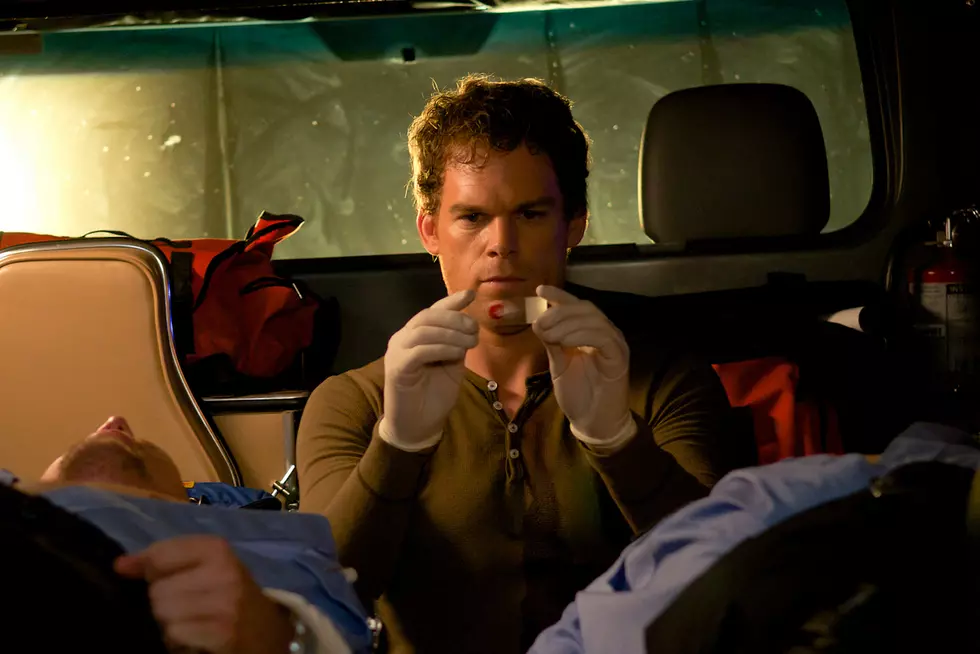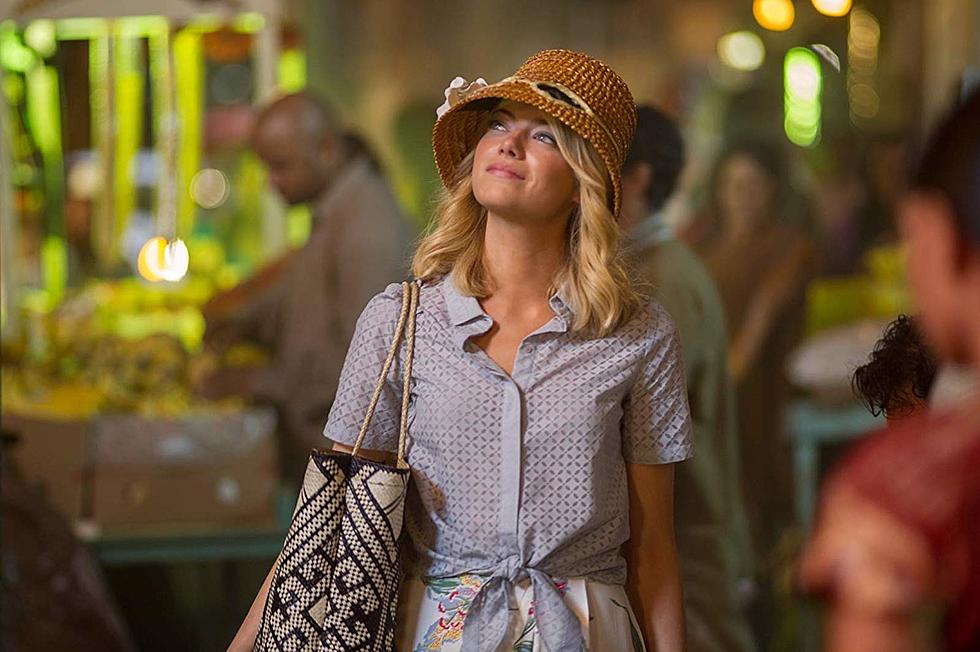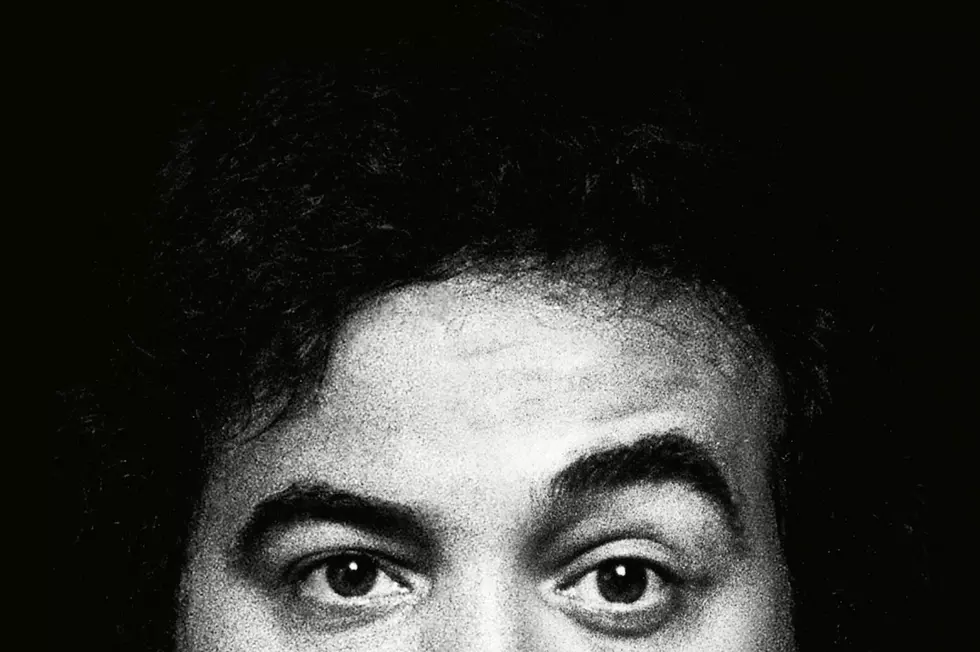
‘Homeland’ Review: “Tower of David”
Nicholas Brody finally returns on a new episode of 'Homeland,' but things aren't going so well in his new life as a fugitive in Venezuela. With Carrie locked up in the psych ward and Brody desperately trying to survive his own version of captivity, "Tower of David" holds a mirror up to Carrie and Brody, reflecting their narratives with simplicity ... but perhaps it's all a little too plain.
I'm not sure how to feel about Brody still being around. It seems smart of the show to wait a couple of episodes before bringing him back, but what purpose does his story serve now that he's seemingly removed from the terrorist cell? Honestly, I'd be okay with Brody's story ending this season, and from the look of things, we might be headed in that direction. Brody is a fugitive in Venezuela, under the watchful eye of a powerful crime boss named El Nino -- an old CIA contact of Carrie's, who has rescued Brody and helped rehabilitate him after he received a mysterious and near-fatal gunshot wound. But Brody isn't interested in being kept in the grimy Tower of David (so named for the banker who owned the place and died mid-construction; when the economy tanked soon after, the incomplete tower was taken over by derelicts), and he's insistent on leaving.
But as the doctor and El Nino ask him, where does he think he'll go? "Onto the next place," he says, but there is no next place for guys like Brody. He has reached the end of the world as far as he's concerned. El Nino and his daughter assure him that everyone sees and everyone knows. When a guy steals his wallet and passport, El Nino retrieves them and pushes the thief off a ledge. When Brody manages to make it to a nearby mosque and the Muslim man inside calls the cops, knowing full-well who Brody is, El Nino's men show up to kill the cops, the Muslim man, and his wife. The doctor tells Brody he's a cockroach -- while everyone around him dies, he just keeps on surviving.
"Tower of David" is an episode that tried my patience. The staging of the episode is so obvious, and yet there are few truly engaging moments. 'Homeland' takes the stories of Carrie and Brody and reflects them back at each other. Thousands of miles apart, and they're still not so different. Brody stews in his new prison home, the walls closing in around him as he continuously tests his boundaries and tries to flee, while Carrie languishes in the psych ward. Both are treated as children, unable to care for or be trusted to make decisions for themselves. Both feel as though they're the only rational people in a sea of insanity, while those who are controlling them see it the other way around. And when you're outnumbered, who will listen to you?
Carrie finds someone who might this week in a mysterious lawyer who comes calling with an interest in her "case." The lawyer represents a partner who can set Carrie free, but the only person she's interested in working or communicating with is Saul. Carrie is finally seeing things clearly, or at least she knows how to say that she is, and she's desperate to prove to Saul that she can be trusted again. But does this law firm represent someone who wants to turn her against the CIA, or is that simply another belief rooted in her paranoia?
At the end of the episode, Brody's criminal doctor asks him, "You belong here, don't you?" The concept of belonging is up to the individual -- we all think that whether or not we fit in or belong is left up to the people around us, but the truth is that it's all in the perception. After living in captivity in Iraq and living in the prison of his own double-life full of lies and treachery in the US, Brody has found himself in another confined space, and maybe that's where he does belong. When he's out, people die all around him based on the choices he makes. Left without choice, Brody can't be responsible for the death of anyone. It's a hard pill to swallow, or a tough shot to take, depending on the method of administration (Brody's preferred method at episode's end: injecting pain killer).
For Carrie, the truth is trickier. She knows she belongs in the psych ward, but she still doesn't agree with the way she got there. In the end, does it really matter how you got to where you are once you're there? You belong there, don't you?
More From ScreenCrush









